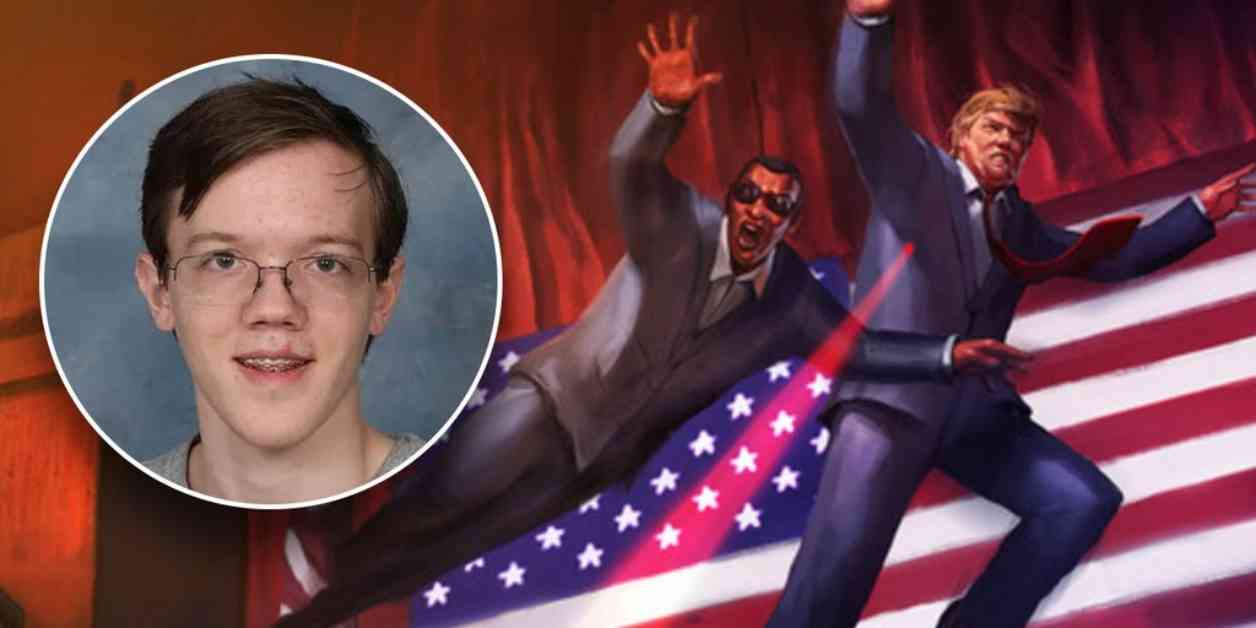Thomas Crooks, the individual responsible for the attempted assassination of former President Trump, left a chilling comment on the gaming platform Steam that hinted at his upcoming attack. The 20-year-old wrote, “July 13 will be my premiere, watch as it unfolds,” causing concern among users. Investigators later found internet searches on his laptop related to Trump, President Biden, the Democratic National Convention, and the July 13 Trump rally.
Although Crooks used the gaming platform Steam, which features a game called Mr. President!, there is no evidence that he actually played the game. The game revolves around a bodyguard named Dick “Rock-Hard” Johnson, whose mission is to protect the fictional president Ronald Rump from numerous assassination attempts. Retired FBI agent Jim Clemente suggested that Crooks may have been seeking fame and notoriety through his actions, rather than being motivated by political ideologies.
Following the shooting incident at the campaign rally in Pennsylvania, Steam users pointed out the eerie similarities between the game Mr. President! and real-life events. Some users expressed surprise that the game had not been removed from the platform after the assassination attempt. Valve, the parent company of Steam, did not respond to requests for comment on the matter.
Crooks had a minimal online presence but was active on Discord and Steam. During the attack, he grazed the former president’s ear, resulting in the death of a volunteer fire chief and injuring two others before being neutralized by snipers. The Secret Service had received a warning about a suspicious individual at the rally just 19 minutes before Crooks opened fire, sparking calls for the resignation of Secret Service Director Kimberly Cheatle.
In conclusion, the case of Thomas Crooks highlights the complex intersection between online activities, gaming platforms, and real-world violence. The investigation into his motives and intentions continues as authorities delve deeper into his digital footprint and personal background. The incident serves as a stark reminder of the potential dangers associated with online behavior and its real-world consequences.




















